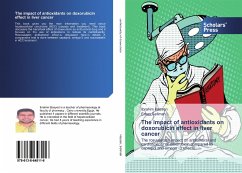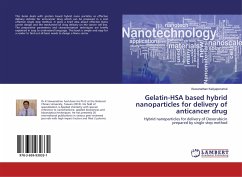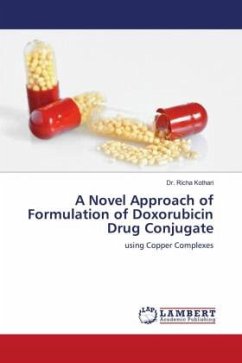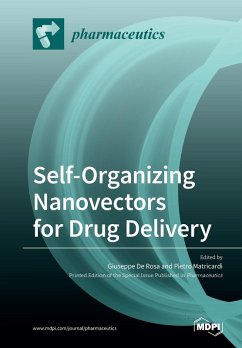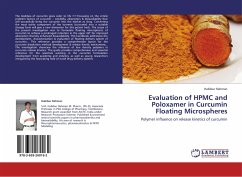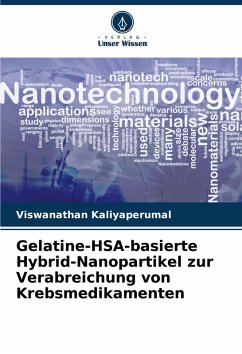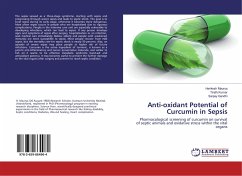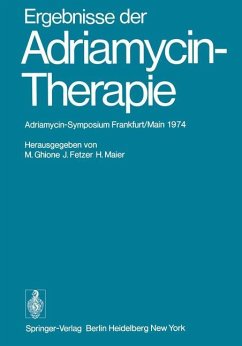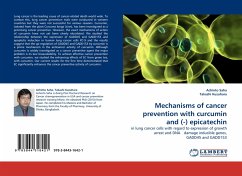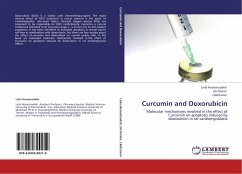
Curcumin and Doxorubicin
Molecular mechanisms involved in the effect of Curcumin on apoptosis induced by doxorubicin in rat cardiomyoblasts
Versandkostenfrei!
Versandfertig in 6-10 Tagen
39,99 €
inkl. MwSt.

PAYBACK Punkte
20 °P sammeln!
Doxorubicin (DOX) is a widely used chemotherapy agent. The major adverse effect of DOX treatment incancer patients is the onset of cardiomyopathy and heart failure. Reactive oxygen species (ROS) are proposedto be responsible for DOX cardiotoxicity. Curcumin, a natural compound extracted from CurcumaLonga L., is known for its anti-oxidant properties. It has been identified as increased apoptosis in severalcancer cell lines in combination with doxorubicin, but there are few studies about the effect of curcuminand doxorubicin on normal cardiac cells. In this book we evaluated molecular mechanisms...
Doxorubicin (DOX) is a widely used chemotherapy agent. The major adverse effect of DOX treatment incancer patients is the onset of cardiomyopathy and heart failure. Reactive oxygen species (ROS) are proposedto be responsible for DOX cardiotoxicity. Curcumin, a natural compound extracted from CurcumaLonga L., is known for its anti-oxidant properties. It has been identified as increased apoptosis in severalcancer cell lines in combination with doxorubicin, but there are few studies about the effect of curcuminand doxorubicin on normal cardiac cells. In this book we evaluated molecular mechanisms involved in the effect of Curcumin on apoptosis induced bydoxorubicin in rat cardiomyocytes (H9c2).



